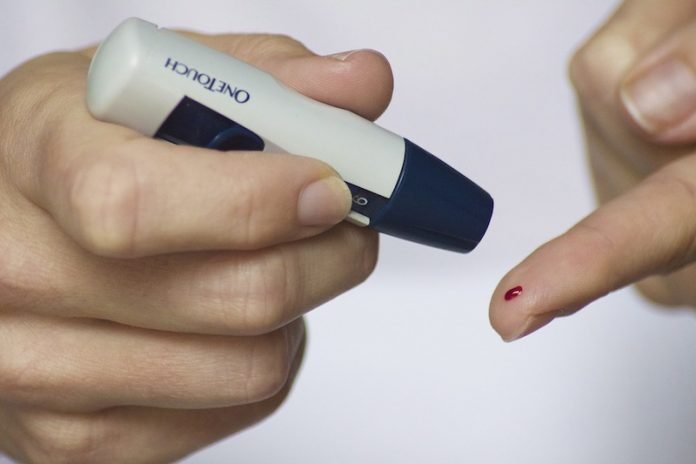
In a new study, researchers have discovered how our choice of diet can weaken our gut immune system and lead to the development of diabetes.
The research was conducted by a team from the University Health Network.
A growing body of research supports that during obesity, our immune system is often responding to components of bacteria that “leak” through the intestinal tissue and results in inflammation.
In turn, inflammation can drive insulin resistance, which predisposes people to diabetes.
In the new study, the team reported how a high-fat diet influences one component of the gut immune system called B cells, specifically those that produce a protein called IgA.
They found that during obesity, there are lower levels of a type of B cell in the gut that make an antibody called IgA.
IgA is naturally produced by our bodies and is crucial to regulating the bacteria that live in the gut.
It acts as a defense mechanism that helps neutralize potentially dangerous bacteria that take advantage of changes to the environment, such as when people consume an imbalanced or fatty diet.
The team also found that the lack of protective IgA could worsen blood sugar levels, demonstrating that IgA can regulate the amounts of harmful bacteria in the gut during diet-related obesity.
The researchers then found increased levels of IgA within the stool of patients soon after bariatric surgery, supporting the importance of IgA and the gut immune system in humans with obesity.
Overall, the study highlights a robust connection between high-fat diets, obesity and the lack of gut IgA in promoting inflammation and insulin resistance.
The team believes the knowledge that this class of antibodies regulate pathogenic bacteria, and protects against a “leaky gut,” and additional complications of obesity is a powerful tool in the fight against diabetes.
The lead author of the study is Dr. Dan Winer, Scientist, Toronto General Hospital Research Institute and the Department of Pathology at University Health Network (UHN).
The study is published in Nature Communications.
Copyright © 2019 Knowridge Science Report. All rights reserved.



